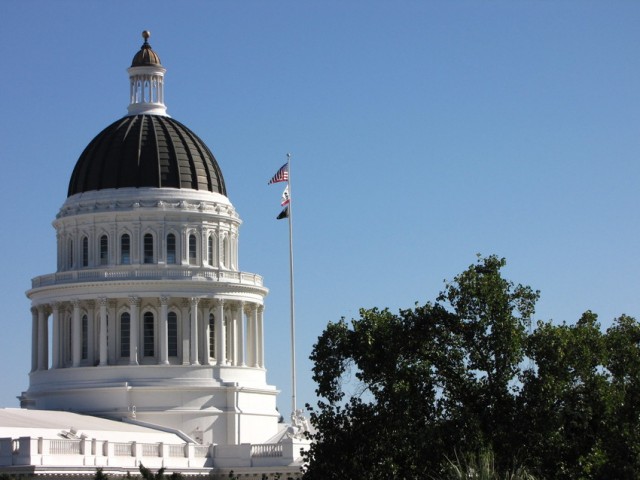By Elaine Korry
Once again, California has shown it is willing to buck national trends. While other states have been regulating abortion clinics out of existence, lawmakers in the Golden State have passed a measure that actually expands access to abortion services.
The bill, AB154 by Assemblymember Toni Atkins (D-San Diego), would permit certified midwives and specially trained clinicians, such as nurse practitioners and physician assistants, to perform what is called an aspiration abortion during the first trimester of pregnancy. The change in law is designed to broaden access to abortion in areas where few, if any, doctors perform the procedure.
In nearly half of California's 58 counties, there are no abortion providers except for hospitals, which provide urgent care in case of emergencies. But especially in rural areas, women who want a first trimester abortion often must travel long distances to obtain one at an unfamiliar clinic. According to Atkins, that geographic disparity is unjustified.
“Women need access to this procedure,” said Atkins, who formerly was the administrator of a health clinic. “And they should be able to get it in their own home communities, from providers they already know and trust.”
